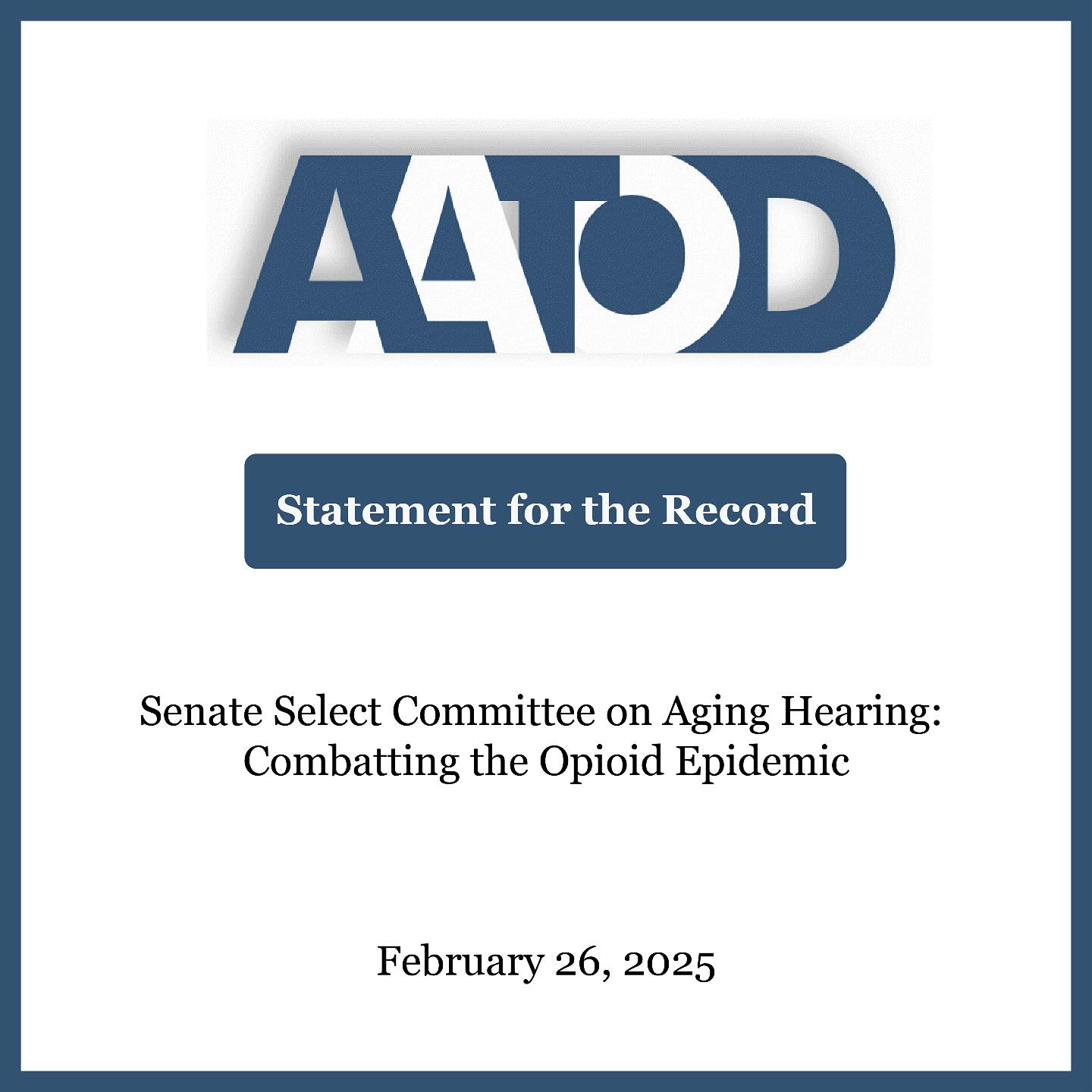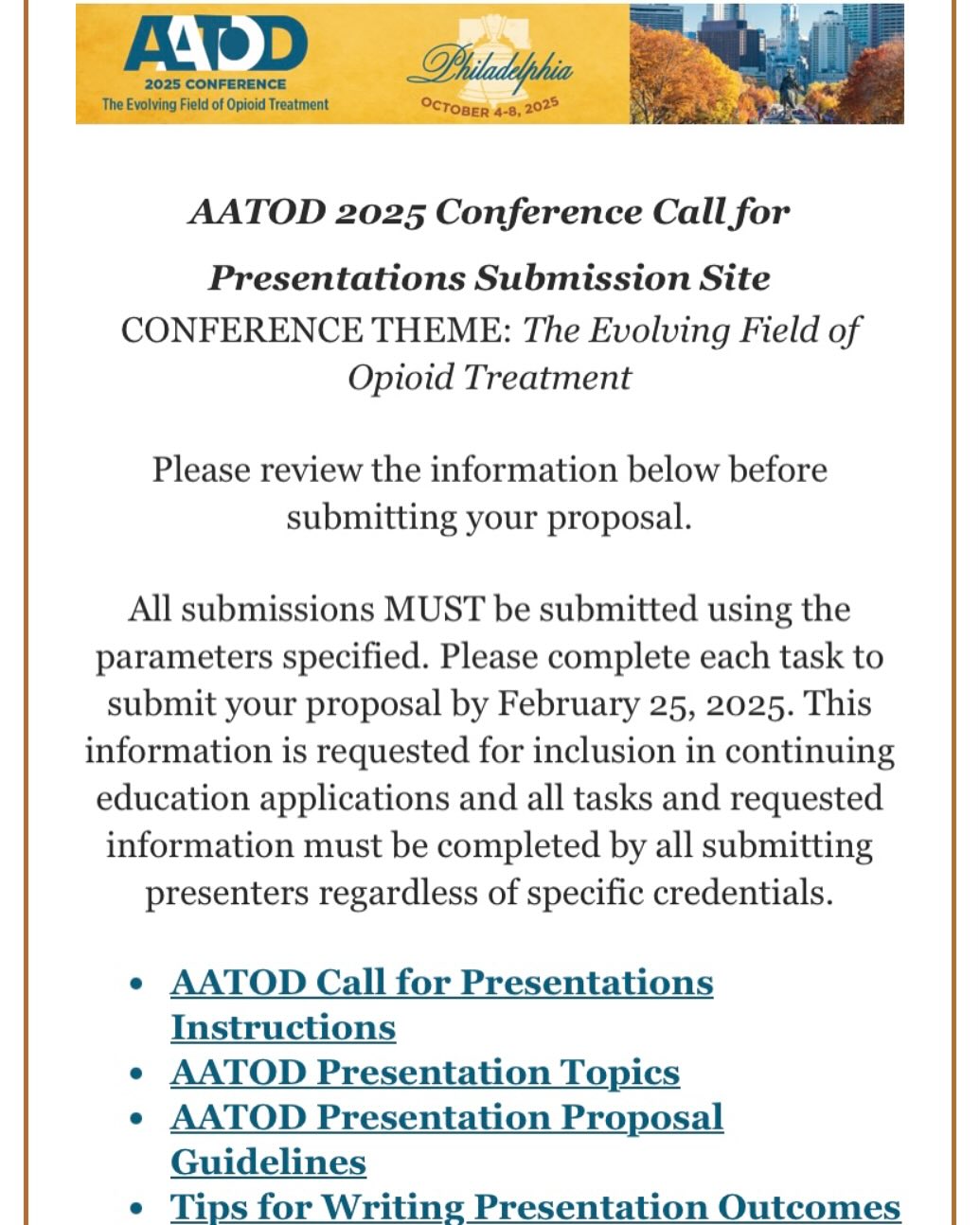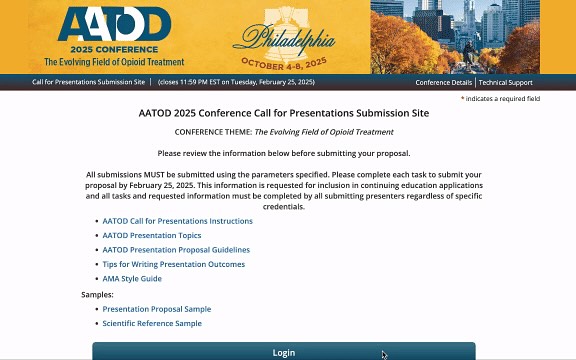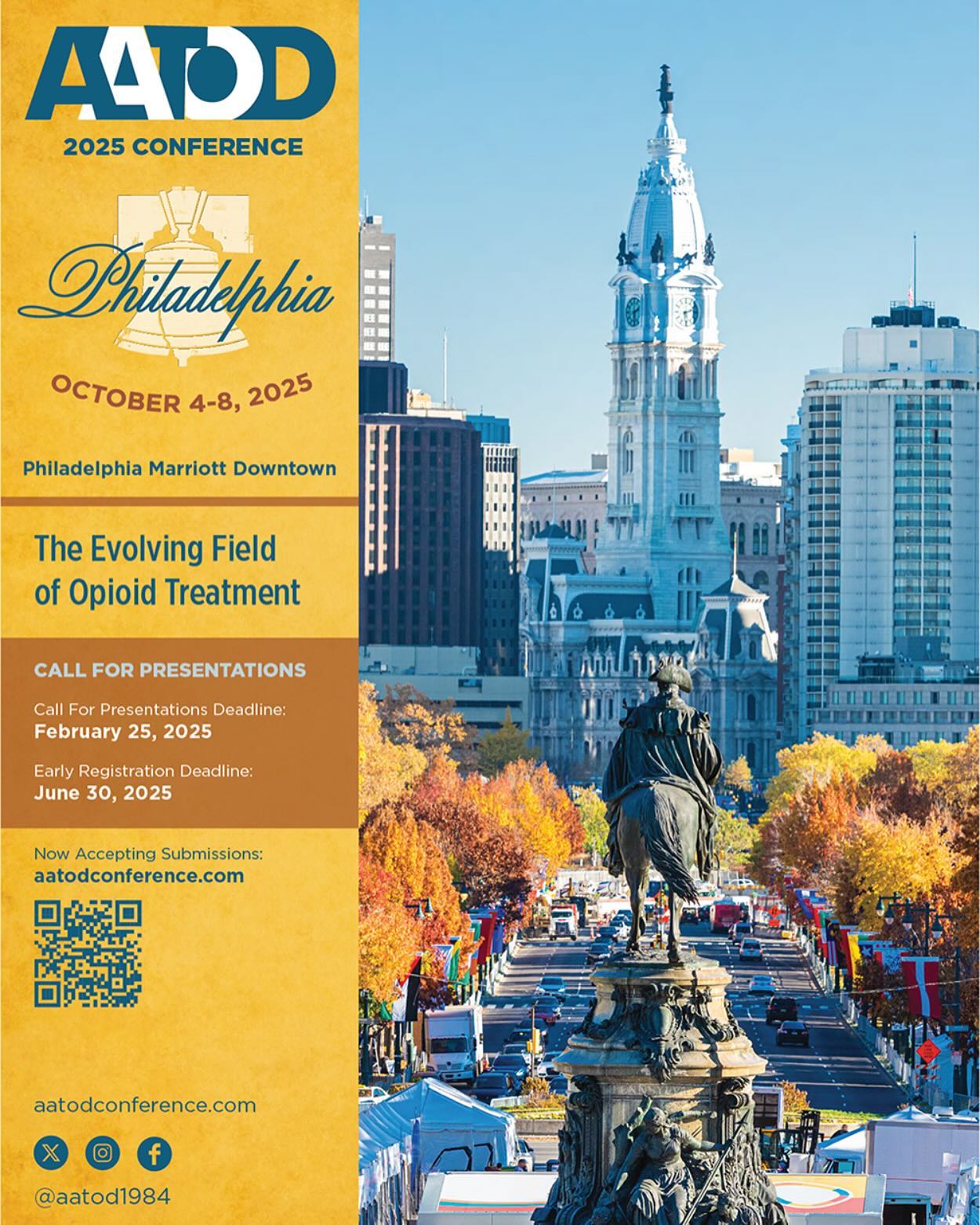Benzodiazepines significantly enhance the action of other Central Nervous System (CNS) depressant medications including methadone and buprenorphine. On their own, benzodiazepines have a broad safety profile but in combination with opioids in particular, the risk of sedation and respiratory depression increases significantly. Patients with a history of addiction are at much higher risk for benzodiazepine misuse and dependence; therefore, benzodiazepines are not the ideal treatment for insomnia or anxiety in most cases. Tolerance to benzodiazepine-induced euphoria and sedation develops quickly, and withdrawal can be life threatening. Abuse liability of specific benzodiazepines varies depending on pharmacokinetic properties, rate of absorption, metabolism, intrinsic activity and elimination half-life. There are few clinical situations where benzodiazepines may be appropriate for short-term use in methadone or buprenorphine treated patients. Despite the known increased risks of overdose and misuse, opioid dependent patients often access these prescriptions.
Worldwide, 18-50% of patients receiving methadone in Opioid Treatment programs (OTPs) are dependent on benzodiazepines. [i] Benzodiazepine use among patients in opioid agonist medication assisted therapy is linked to poorer outcomes; the combination with opioid agonists poses significant risks for morbidity and mortality. There are few published articles that offer useful guidance for management of benzodiazepines in OTPs. As a result, treatment protocols and clinical practice vary. In spite of the gap in the literature, care should be taken with patients admitted to opioid agonist treatment with either licit or illicit benzodiazepine use. Treatment of opioid use disorder with medications should not be discouraged or delayed, but the risks of ongoing benzodiazepine use should be taken seriously and interventions guided accordingly.
The purpose of this document is to offer guidance instead of restrictive procedures to assist programs in treating patients in OTPs who use benzodiazepines. [ii] [iii] [iv] [v] [vi] [vii] [viii] [ix] [x] [xi]
- OTPs should be diligent and use caution when admitting patients taking benzodiazepines or any other sedating medications. CNS depressant use is not an absolute contraindication and such use should be addressed in treatment. Adjustments in induction procedures and additional monitoring may be required. Therefore, benzodiazepine using individuals should not be categorically denied admission to OTPs.
- Education and the provision of educational materials of the combined risks of benzodiazepine, prescribed or illicit sedatives, opioid analgesics and alcohol use should be a routine part of orientation to opioid agonist treatment. Documentation that this was reviewed with the patient and should be entered in the record.
- Benzodiazepines are associated with significant risk for patients in opioid agonist treatment therefore, not the treatment of choice for anxiety. Treatment plans should be developed on admission, or when indicated during treatment to address benzodiazepine use. In the great majority of cases, cessation of benzodiazepines is preferred. In some cases, admission to an OTP may be delayed until a taper/detox is completed, often requiring more monitoring in a higher level of care. In others, gradually tapering off a prescribed benzodiazepine or decreasing to the lowest effective dose is appropriate. A gradual taper from opioid agonist treatment can be therapeutic, combined with continued attempts to help patients address benzodiazepine use and decrease risks, with a goal of keeping them in treatment if possible. However, continued refusal to address benzodiazepine use on the part of the patient may be grounds for discharge from an OTP.
- Patients who are prescribed or illicitly use benzodiazepines should be considered at risk for adverse reactions including overdose and death, therefore may require additional safety monitoring. Prohibiting admission or creating excessive access barriers can pose even greater threats to morbidity and mortality. A balance of providing care, medications and appropriate oversight and monitoring is necessary to successfully achieve desired clinical outcomes.
- The Prescription Monitoring Drug Program (PDMP) in your State should be checked on admission and at regular intervals throughout the patient’s treatment.
- Cooperative partnerships with prescribers allow for the exchange of information about medication use concerns and the development of a cohesive treatment plan. A signed 42 CFR Part 2 compliant release of information is advised for patients in OTPs receiving prescribed benzodiazepines and other sedating medications for coordination of care between the OTP and prescribing clinician. Admission to an OTP may be denied if patients do not consent to coordination of care with outside prescribing providers.
- Program medical providers should collaborate with the prescribers so they are aware of the patient’s admission to an OTP, the concerns of concurrent use of benzodiazepines, and to plan for coordination of care. To improve safety and minimize risks, prescribers should be advised to decrease the benzodiazepine dose to the lowest effective dose, and consider alternative medications and non-pharmacologic treatments to address anxiety or insomnia.
- If a patient is sedated, holding or decreasing the methadone or buprenorphine dose is appropriate until further evaluation is completed.
- Taking steps towards further integration of opioid treatment with mental health treatment either in specialty or primary care is essential for managing OTP patients’ chronic health conditions. OTPs need to increase their ability to provide directly or collaborate more thoroughly, with psychiatric providers. If unable to integrate those services in-house, then more emphasis needs to be placed on partnerships/ collaborations for providing the mental health care.
- Diversion of prescribed medications is a risk for any patient with a substance use disorder. Care should be taken to ensure that patients are taking the medications prescribed and not diverting or supplementing with illicit drugs.
- Toxicology screening should test for prescribed and illicit benzodiazepines.
- Toxicology screening varies and some benzodiazepines are not reliably detected. Confirming whether the benzodiazepine is taken daily or on an as needed basis is important for evaluating accuracy of unexpected negative toxicology results.
- Confirmatory testing should be considered for suspicion of misuse or substitution.
- Routine PMDP checks should be done for suspicion of doctor shopping.
- There is no evidence to support dose limitations or arbitrary caps of methadone or buprenorphine as a strategy to address benzodiazepine use in opioid agonist treated patients. The OTP physician and prescribing clinician should individually determine the appropriate dose and treatment plan for the patient according to the risk profile, observed behavior and treatment response.
There is strong evidence that the use of benzodiazepines and other sedating medications combined with methadone or buprenorphine pose safety risks. OTPs should work to ensure that patients considering controlled substances have had quality diagnostic evaluations to optimize diagnostic accuracy, and ensure that safer medication options have been considered. Careful monitoring and coordination of care that is respectful but not capricious or punitive is essential to ensure access to safe, effective and individualized care for patients in OTPs.
Benzodiazepines significantly enhance the action of other Central Nervous System (CNS) depressant medications including methadone and buprenorphine. On their own, benzodiazepines have a broad safety profile but in combination with opioids in particular, the risk of sedation and respiratory depression increases significantly. Patients with a history of addiction are at much higher risk for benzodiazepine misuse and dependence; therefore, benzodiazepines are not the ideal treatment for insomnia or anxiety in most cases. Tolerance to benzodiazepine-induced euphoria and sedation develops quickly, and withdrawal can be life threatening. Abuse liability of specific benzodiazepines varies depending on pharmacokinetic properties, rate of absorption, metabolism, intrinsic activity and elimination half-life. There are few clinical situations where benzodiazepines may be appropriate for short-term use in methadone or buprenorphine treated patients. Despite the known increased risks of overdose and misuse, opioid dependent patients often access these prescriptions.
Worldwide, 18-50% of patients receiving methadone in Opioid Treatment programs (OTPs) are dependent on benzodiazepines. [i] Benzodiazepine use among patients in opioid agonist medication assisted therapy is linked to poorer outcomes; the combination with opioid agonists poses significant risks for morbidity and mortality. There are few published articles that offer useful guidance for management of benzodiazepines in OTPs. As a result, treatment protocols and clinical practice vary. In spite of the gap in the literature, care should be taken with patients admitted to opioid agonist treatment with either licit or illicit benzodiazepine use. Treatment of opioid use disorder with medications should not be discouraged or delayed, but the risks of ongoing benzodiazepine use should be taken seriously and interventions guided accordingly.
The purpose of this document is to offer guidance instead of restrictive procedures to assist programs in treating patients in OTPs who use benzodiazepines. [ii] [iii] [iv] [v] [vi] [vii] [viii] [ix] [x] [xi]
- OTPs should be diligent and use caution when admitting patients taking benzodiazepines or any other sedating medications. CNS depressant use is not an absolute contraindication and such use should be addressed in treatment. Adjustments in induction procedures and additional monitoring may be required. Therefore, benzodiazepine using individuals should not be categorically denied admission to OTPs.
- Education and the provision of educational materials of the combined risks of benzodiazepine, prescribed or illicit sedatives, opioid analgesics and alcohol use should be a routine part of orientation to opioid agonist treatment. Documentation that this was reviewed with the patient and should be entered in the record.
- Benzodiazepines are associated with significant risk for patients in opioid agonist treatment therefore, not the treatment of choice for anxiety. Treatment plans should be developed on admission, or when indicated during treatment to address benzodiazepine use. In the great majority of cases, cessation of benzodiazepines is preferred. In some cases, admission to an OTP may be delayed until a taper/detox is completed, often requiring more monitoring in a higher level of care. In others, gradually tapering off a prescribed benzodiazepine or decreasing to the lowest effective dose is appropriate. A gradual taper from opioid agonist treatment can be therapeutic, combined with continued attempts to help patients address benzodiazepine use and decrease risks, with a goal of keeping them in treatment if possible. However, continued refusal to address benzodiazepine use on the part of the patient may be grounds for discharge from an OTP.
- Patients who are prescribed or illicitly use benzodiazepines should be considered at risk for adverse reactions including overdose and death, therefore may require additional safety monitoring. Prohibiting admission or creating excessive access barriers can pose even greater threats to morbidity and mortality. A balance of providing care, medications and appropriate oversight and monitoring is necessary to successfully achieve desired clinical outcomes.
- The Prescription Monitoring Drug Program (PDMP) in your State should be checked on admission and at regular intervals throughout the patient’s treatment.
- Cooperative partnerships with prescribers allow for the exchange of information about medication use concerns and the development of a cohesive treatment plan. A signed 42 CFR Part 2 compliant release of information is advised for patients in OTPs receiving prescribed benzodiazepines and other sedating medications for coordination of care between the OTP and prescribing clinician. Admission to an OTP may be denied if patients do not consent to coordination of care with outside prescribing providers.
- Program medical providers should collaborate with the prescribers so they are aware of the patient’s admission to an OTP, the concerns of concurrent use of benzodiazepines, and to plan for coordination of care. To improve safety and minimize risks, prescribers should be advised to decrease the benzodiazepine dose to the lowest effective dose, and consider alternative medications and non-pharmacologic treatments to address anxiety or insomnia.
- If a patient is sedated, holding or decreasing the methadone or buprenorphine dose is appropriate until further evaluation is completed.
- Taking steps towards further integration of opioid treatment with mental health treatment either in specialty or primary care is essential for managing OTP patients’ chronic health conditions. OTPs need to increase their ability to provide directly or collaborate more thoroughly, with psychiatric providers. If unable to integrate those services in-house, then more emphasis needs to be placed on partnerships/ collaborations for providing the mental health care.
- Diversion of prescribed medications is a risk for any patient with a substance use disorder. Care should be taken to ensure that patients are taking the medications prescribed and not diverting or supplementing with illicit drugs.
- Toxicology screening should test for prescribed and illicit benzodiazepines.
- Toxicology screening varies and some benzodiazepines are not reliably detected. Confirming whether the benzodiazepine is taken daily or on an as needed basis is important for evaluating accuracy of unexpected negative toxicology results.
- Confirmatory testing should be considered for suspicion of misuse or substitution.
- Routine PMDP checks should be done for suspicion of doctor shopping.
- There is no evidence to support dose limitations or arbitrary caps of methadone or buprenorphine as a strategy to address benzodiazepine use in opioid agonist treated patients. The OTP physician and prescribing clinician should individually determine the appropriate dose and treatment plan for the patient according to the risk profile, observed behavior and treatment response.
There is strong evidence that the use of benzodiazepines and other sedating medications combined with methadone or buprenorphine pose safety risks. OTPs should work to ensure that patients considering controlled substances have had quality diagnostic evaluations to optimize diagnostic accuracy, and ensure that safer medication options have been considered. Careful monitoring and coordination of care that is respectful but not capricious or punitive is essential to ensure access to safe, effective and individualized care for patients in OTPs.














 bit.ly/3DmpAvT
bit.ly/3DmpAvT

 THE CLOCK IS TICKING!
Please submit your proposals by tonight’s deadline - 3/4/25 at 11:59 PM EST.
SUBMIT
THE CLOCK IS TICKING!
Please submit your proposals by tonight’s deadline - 3/4/25 at 11:59 PM EST.
SUBMIT 
 We need your help and expertise to achieve our conference goals.
We need your help and expertise to achieve our conference goals.
 Evaluate the rapidly changing nature and the severity of the opioid epidemic and associated outcomes and develop recommendations to improve the delivery of care in various populations based on evidence-based practices.
Evaluate the rapidly changing nature and the severity of the opioid epidemic and associated outcomes and develop recommendations to improve the delivery of care in various populations based on evidence-based practices.
 Interpret emerging trends and regulatory and policy changes to determine their effects on clinical practice.
Interpret emerging trends and regulatory and policy changes to determine their effects on clinical practice.
 Discuss peer support and peer-run programs in treating opioid use disorder to improve patient outcomes.
Discuss peer support and peer-run programs in treating opioid use disorder to improve patient outcomes.
 Review current evidence addressing the opioid epidemic and its implications for patients, clinicians, administrators, and policy makers by identifying the most effective interventions.
Review current evidence addressing the opioid epidemic and its implications for patients, clinicians, administrators, and policy makers by identifying the most effective interventions.
 Disseminate innovative approaches, referral pathways, and partnerships designed to treat emerging needs of patients with opioid use disorder, address pivotal issues in health, and improve patient outcomes by providing examples of effective methods and how to implement them.
Disseminate innovative approaches, referral pathways, and partnerships designed to treat emerging needs of patients with opioid use disorder, address pivotal issues in health, and improve patient outcomes by providing examples of effective methods and how to implement them.
 Tuesday, March 4, 2025
Tuesday, March 4, 2025
 We are pleased to announce that the deadline for submitting presentations has been extended to Tuesday, March 4, 2025. We encourage all interested parties to take advantage of this opportunity and submit proposals as soon as possible. We look forward to receiving your proposals and to seeing you in Philadelphia this October.
To submit a proposal, please visit our conference website,https://lnkd.in/e-Xr9vQv, and follow the on-screen instructions.
For questions or additional information, please send an email to info@aatod.org or call 856-423-3091.
#aatod2025
#theevolvingfieldofopioidtreatment
We are pleased to announce that the deadline for submitting presentations has been extended to Tuesday, March 4, 2025. We encourage all interested parties to take advantage of this opportunity and submit proposals as soon as possible. We look forward to receiving your proposals and to seeing you in Philadelphia this October.
To submit a proposal, please visit our conference website,https://lnkd.in/e-Xr9vQv, and follow the on-screen instructions.
For questions or additional information, please send an email to info@aatod.org or call 856-423-3091.
#aatod2025
#theevolvingfieldofopioidtreatment bit.ly/3Q4HB4s
Call for Presentations Submission Deadline: February 25, 2025�
The world's premier training conference event for the treatment of Opioid Use Disorder.
#aatod2025
#TheEvolvingFieldofOpioidTreatment
bit.ly/3Q4HB4s
Call for Presentations Submission Deadline: February 25, 2025�
The world's premier training conference event for the treatment of Opioid Use Disorder.
#aatod2025
#TheEvolvingFieldofOpioidTreatment
 Submission Deadline: Tuesday, February 25, 2025
Submission Deadline: Tuesday, February 25, 2025













